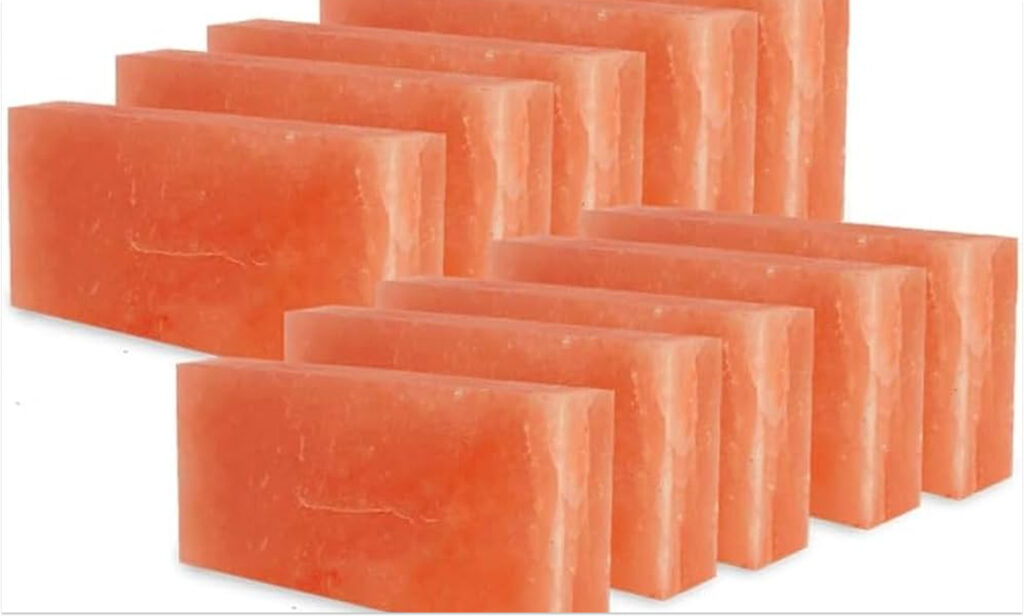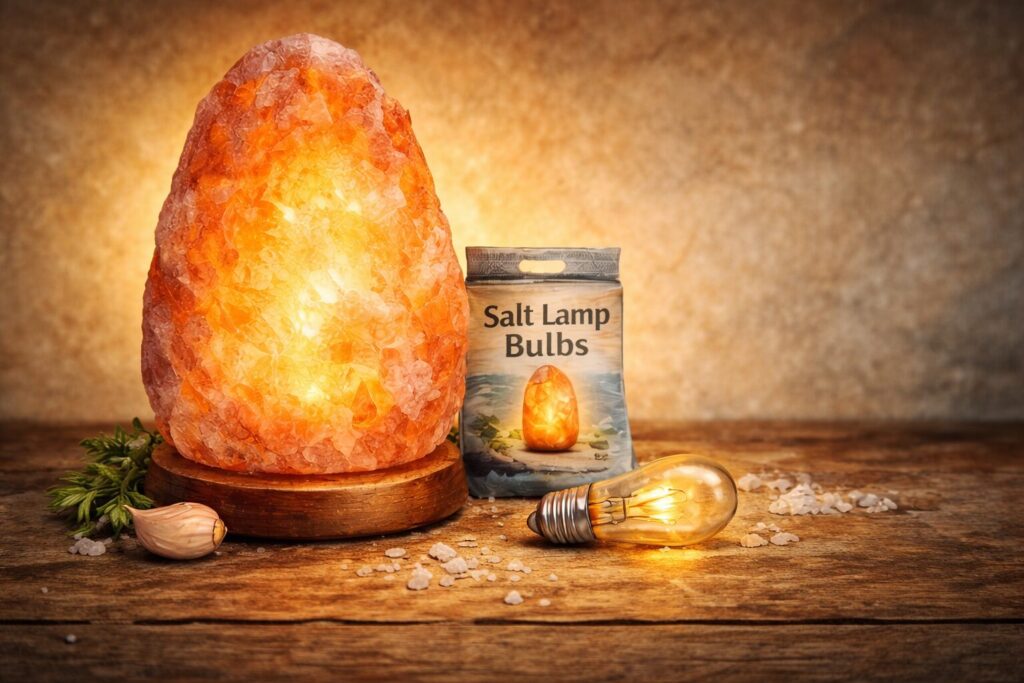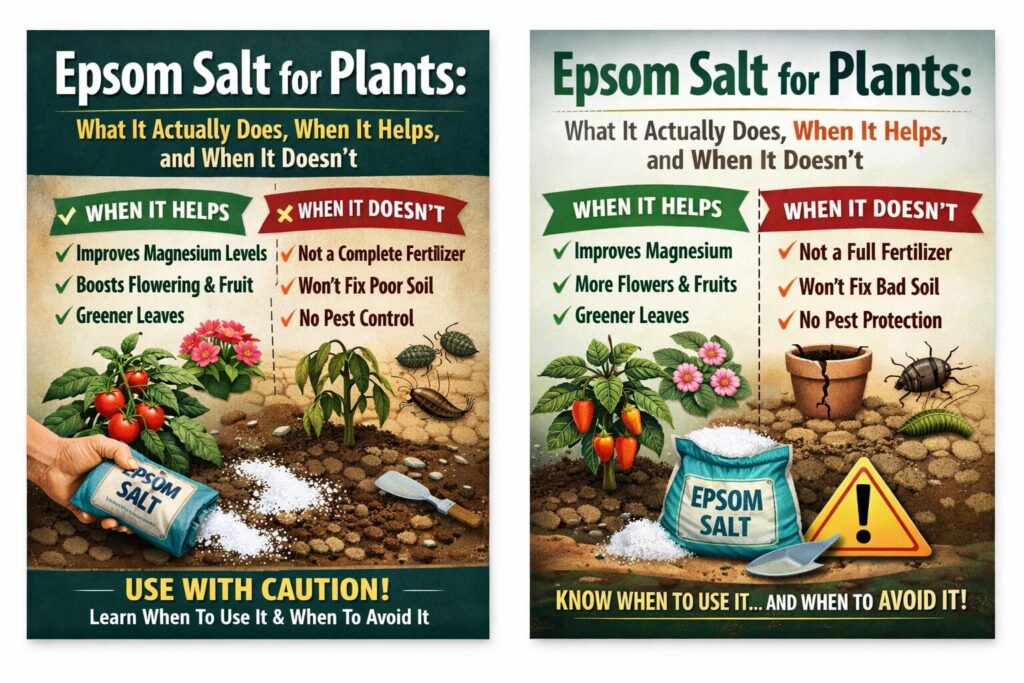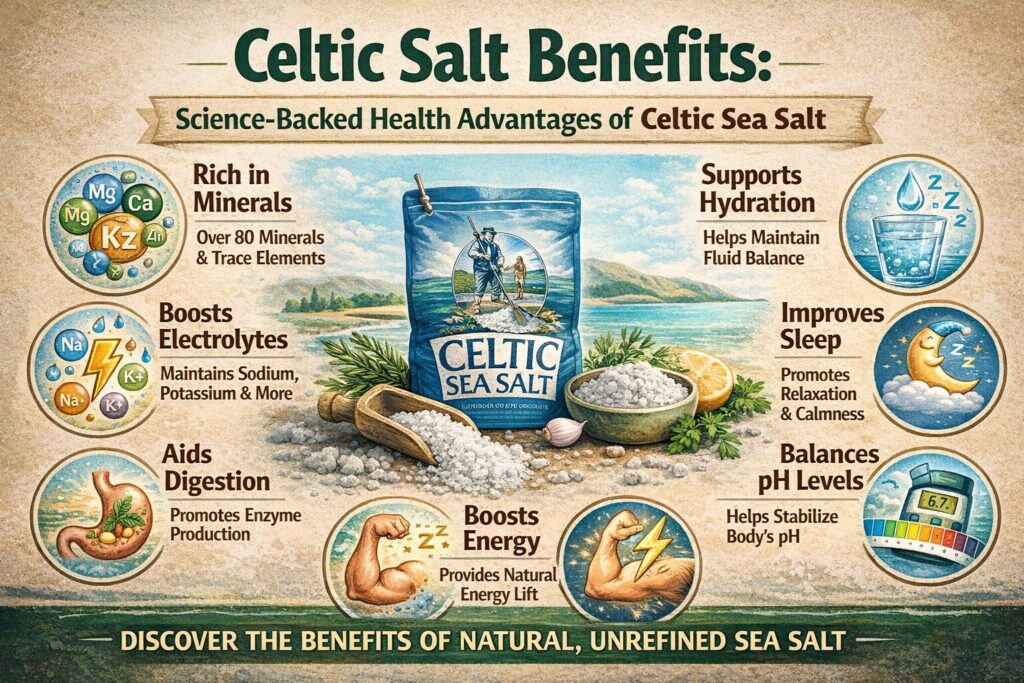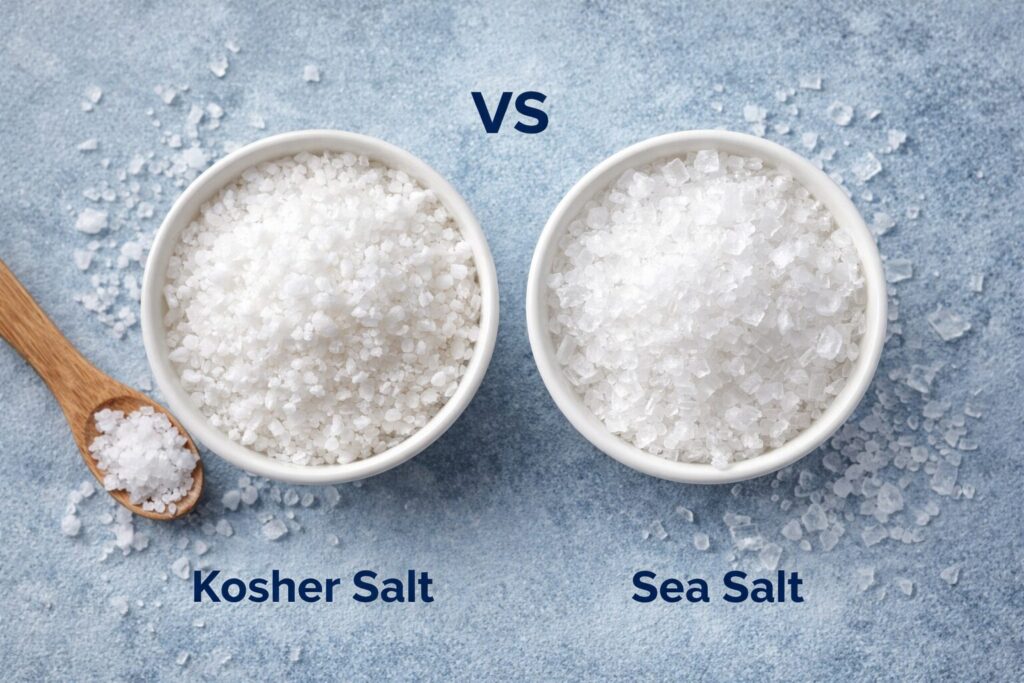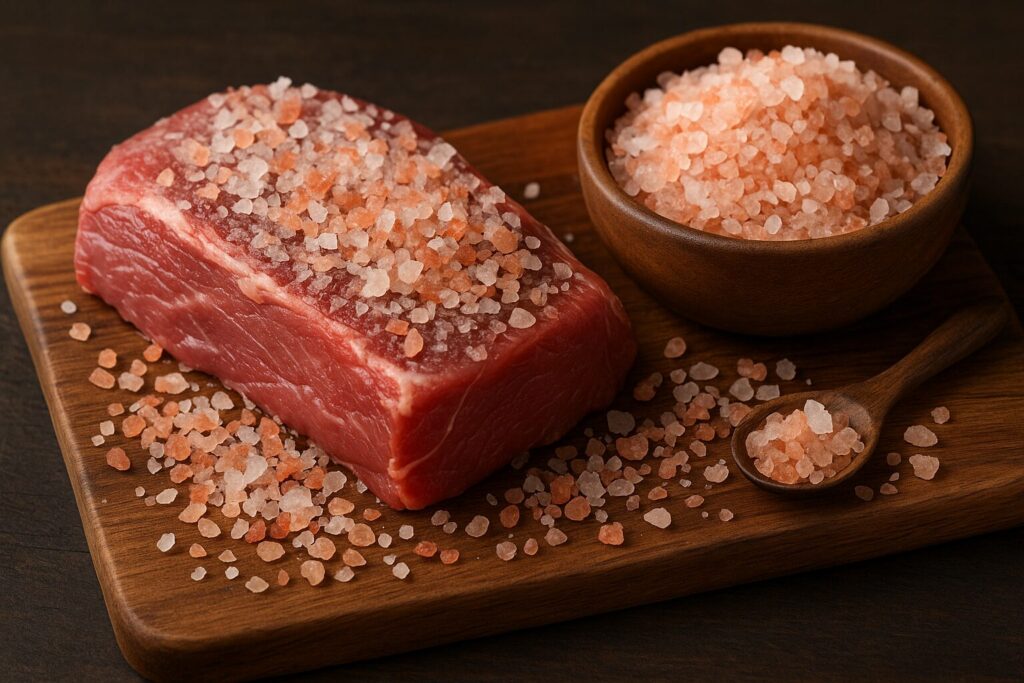Natural salt blocks are quickly becoming a staple in pet care and aquatic hobbyist communities. Whether you are managing a freshwater aquarium, maintaining a terrarium, or running a pet store, natural salt blocks for aquariums bulk purchases offer unique value. These mineral rich blocks not only purify water and support pet health, but also enhance the aesthetics of enclosures.
What Are Natural Salt Blocks
Natural salt blocks are hand cut or machine shaped chunks of unrefined mineral salt, often sourced from ancient seabeds like the Himalayan ranges. These blocks contain a range of trace elements beneficial for both aquatic and land dwelling creatures.
The most popular type is the pink Himalayan salt, widely used in bulk aquarium safe salt mineral blocks and reptile tank décor.
Why Use Natural Salt Blocks for Aquariums
When used correctly, natural salt blocks can balance water parameters, reduce algae, and release essential minerals like calcium, magnesium, and potassium.
Pet owners and aquarists often choose natural salt blocks for aquariums bulk orders to save costs and ensure long term supply.
Key Benefits:
Enhances water clarity
Supports fish immune systems
Neutralizes toxins
Natural and eco friendly
Long lasting
Always monitor your water’s salinity levels to avoid overexposure.
Buying Natural Salt Blocks for Terrariums
If you are looking to buy natural salt blocks for terrariums, make sure they are suitable for land animals like geckos, lizards, and snakes.
They help reptiles regulate hydration and mineral intake through licking or passive absorption. These blocks also improve the enclosure’s visual appeal with their raw and rustic look.
Bulk Aquarium Safe Salt Mineral Blocks
Buying in bulk has major perks. First, it lowers your cost per block. Second, it ensures you’re never short on supply, especially for businesses or breeding setups.
Bulk aquarium safe salt mineral blocks can be used in:
Fish tanks
Ponds
Breeding tanks
Quarantine tanks
Always opt for untreated and chemical free salt blocks.
Wholesale Natural Salt Blocks for Pets
Distributors and retailers prefer wholesale natural salt blocks for pets to meet demand in pet stores, zoos, and wildlife parks. These blocks are safe for:
Rabbits
Hamsters
Guinea pigs
Birds
They help in beak and teeth trimming while providing essential trace minerals.
Himalayan Salt Blocks for Reptile Tanks
Himalayan salt blocks for reptile tanks are a hit among terrarium keepers. Reptiles love the dry, mineral rich surface that supports shedding and thermoregulation.
These blocks are also a great source of:
Zinc
Iron
Magnesium
They can last months, making them a sustainable accessory.
Eco Salt Blocks for Fish Enclosures
Eco salt blocks for fish enclosures are gaining popularity due to their environmental safety and lack of synthetic additives. These blocks are carved from natural formations and ensure:
No microplastics
Biodegradable residue
No chemical contamination
Always confirm the source is food grade and ethically mined.
How to Use Natural Salt Blocks Safely
To maximize benefits and minimize risks:
Rinse the block before first use
Do not place it directly under strong lights or heaters
Use a salt safe holder or base
Monitor fish and pet behavior regularly
Limit exposure time in sensitive species to avoid overmineralization.
Where to Buy in Bulk
You can buy natural salt blocks for terrariums or aquariums from global B2B suppliers like Unique Mineral which specializes in export grade Himalayan salt products. Ensure the supplier:
Offers food or pet grade certification
Provides lab test reports
Supports bulk orders with flexible MOQs
Always read customer reviews and verify source authenticity before buying.
Choosing Sustainable Natural Salt Blocks Matters
As more pet lovers and aquarists embrace sustainability, sourcing natural salt blocks from ethical and eco conscious suppliers has never been more important. These blocks are not just functional they represent a commitment to the environment and the well-being of animals.
Look for blocks that are:
Hand-mined using traditional methods
Unprocessed and free from industrial pollutants
Tested for safety in aquariums and terrariums
Unlike synthetic mineral licks, natural salt blocks do not leach artificial compounds into water or soil environments. This makes them ideal for sensitive reptiles, amphibians, and fish.
By purchasing natural salt blocks for aquariums bulk, you also help reduce packaging waste. Many bulk suppliers ship in reusable or recyclable cartons, lowering the overall carbon footprint of your pet care routine.
Mineral Composition and Health Impact
One of the key reasons hobbyists and professionals buy natural salt blocks for terrariums is the trace mineral content. These blocks can contain up to 84 different minerals, including:
-
Calcium for bone health and shell formation
-
Iron for oxygen transport in blood
-
Magnesium for muscle and nerve function
-
Potassium for hydration balance
For reptiles and small mammals, licking the salt block helps replenish what they naturally lose through activity or environmental changes. For aquatic life, minerals dissolve slowly and help maintain a stable habitat.
Before introducing any natural salt blocks into a mixed species tank or shared enclosure, observe each animal’s behavior closely. Start with a smaller block and scale up based on their response.
With the right approach, these versatile mineral tools can enhance both the beauty and health of your aquarium or terrarium setup.
FAQs
Not all fish tolerate salt. Always research compatibility based on species and water type.
Yes, but ensure it is rinsed thoroughly before switching environments to avoid cross contamination.
Typically 2 to 3 months depending on water flow, size, and usage frequency.
Yes. Excess salt may stress sensitive species and alter water chemistry. Monitor closely.
It depends on the plant species. Some aquatic plants are salt-sensitive, so use cautiously.


